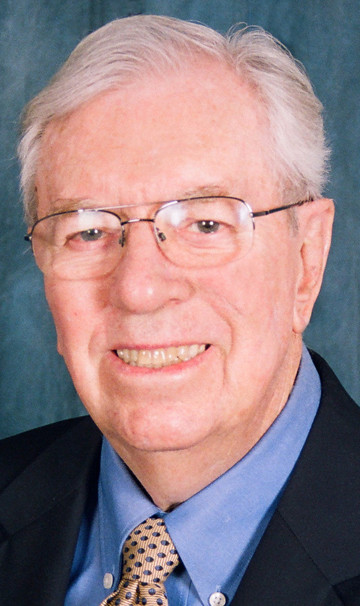Why is leadership lacking when it’s most needed?
On Jan. 5, 2011, Gov. Andrew Cuomo, in a ceremonial oath of office, promised “to restore New Yorkers’ faith in a capital racked by fiscal turmoil and ethical lapses.” In his State of the State address that followed, he presented an action plan that would “take the significant steps needed to reinvent, reorganize and redesign government, to make it more efficient.” His presentation was highly praised in the media and a foundation of ‘intent’ was established that is now a matter of record.
This column has been prepared to suggest, nine months later, a serious disconnect between words and deeds. How serious? I do not believe even a smidgen of real reform has actually occurred since the governor’s cliché-driven address. I also contend that Cuomo, as the chief executive officer of our state, has been remiss in overseeing the enforcement of select provisions of Public Authorities Law and has not provided the leadership needed to realistically modernize and right-size state government during these difficult economic times.
Two state laws define the standard upon which performance can be judged. One is the Public Authorities Accountability Act that established the Authorities Budget Office (the “ABO”) which is empowered to “provide the governor and the legislature with conclusions and opinions concerning the performance of public authorities and to study, review and report on the operations, practices and finances of public authorities.” This ‘act’ was further strengthened with the passage of the Public Authorities Reform Act of 2009.
Last July, the ABO fulfilled its obligation and released an “Annual Report on Public Authorities in New York State.” The governor has not acknowledged receipt of the report. While not required to (for some inconceivable reason), he should. To do less is extremely inconsiderate of the work and effort of the Authorities Budget Office. Their findings are real. The weakness cited in the enforcement of law can no longer be tolerated. If there is no response to their recommendations, the value of reform legislation and the achievement of real change is jeopardized.
The New York’s taxpayers expect to see, not imagine changes on the scale suggested by the governor. To narrow the chasm between expectations and reality, the governor needs to give David Kidera, director of the Authorities Budget Office a call, and discuss how his findings can be put to use. Particular emphasis must be placed on why legislation to dissolve some 160 public authorities (that exist in statute but are no longer currently active) remains pending in the Assembly. Of equal importance, someone needs to acknowledge why 325 state and local authorities have directors who also hold elected or appointed office, with some serious and unresolved implications.
It is my intention to release a copy of this column to the governor after its publication in the Herald. I trust he will react positively to my suggestion and keep us apprised of what he has accomplished. Please take the time and effort required to read the ABO report. It is available using www.abo.state.ny.us. I value your judgment on the contentions I have raised.

 39.0°,
Fair
39.0°,
Fair 




